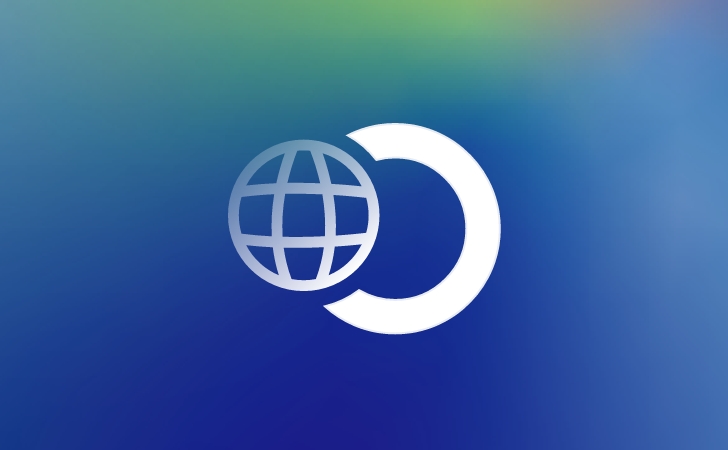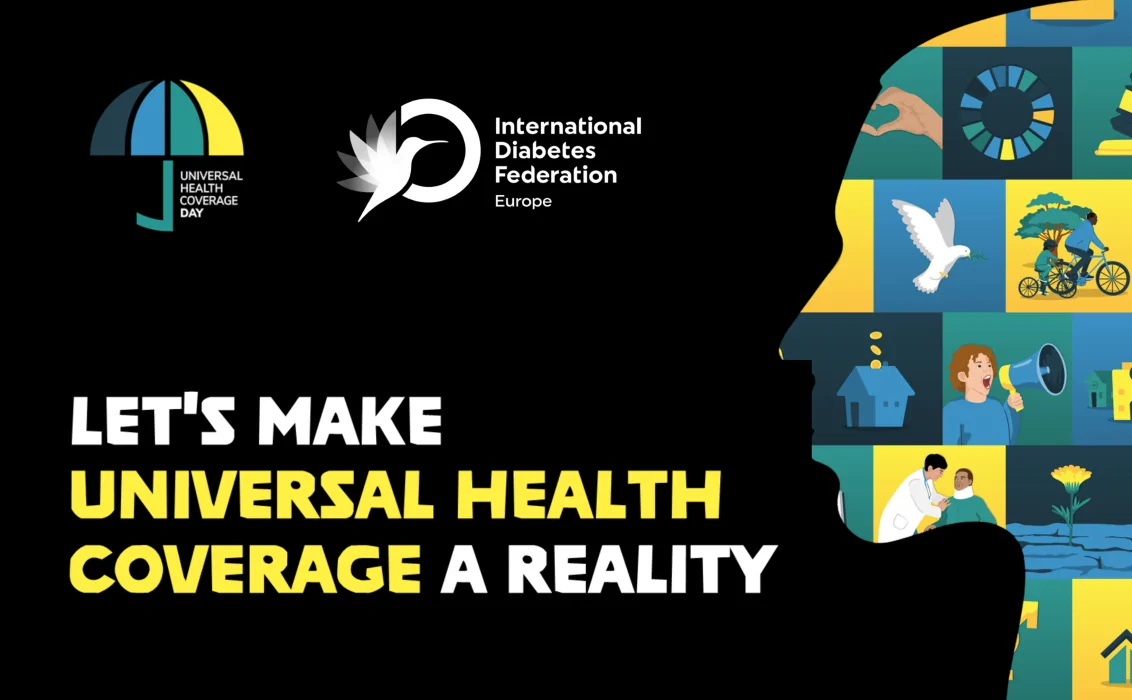Health for all and all for health:
A call for Universal Health Coverage for everyone in Europe
Brussels 6 April 2018
In Europe, many people with diabetes and their families are financially struggling to access essential medicines for their therapy. This is unacceptable to IDF Europe, and we call for Universal Health Coverage for everyone in the continent.
Living with a chronic condition such as diabetes is a daily struggle requiring commitment to therapies and medication, adherence to change in lifestyle and support from family. Living with diabetes is also a financial burden for many European citizens who do not benefit from Universal Health Coverage systems at home and therefore end up having to cover the costs themselves or be a financial burden to the family.
Health is a right, not a privilege
Access to quality healthcare should never depend on where you live, how much money you or your family have, your race, gender or age. As highlighted by the World Health Organisation in its constitutions1:
– The enjoyment of the highest attainable standard of health is one of the fundamental rights of every human being without distinction of race, religion, political belief, economic or social condition.
– The health of all people is fundamental to the attainment of peace and security and is dependent on the fullest co-operation of individuals and States.
– The achievement of any State in the promotion and protection of health is of value to all.
– The extension to all people of the benefits of medical, psychological and related knowledge is essential to the fullest attainment of health.
– Governments have a responsibility for the health of their people which can be fulfilled only by the provision of adequate health and social measures.
Universal Health Coverage is therefore a must in all European countries.
Health is a good social and economic investment for governments
Investing in health is not an indulgence2. Every euro that a country invests in health today can produce up to 20 euro in full-income growth within a generation3. For example, when healthcare is accessible and affordable, adherence to treatment is higher, diabetes is better controlled, all at a relatively lower cost. Better adherence also means lesser or at least delayed complications, which are a financial and social burden. Increased adherence to treatment and controlled diabetes also leads to improved productivity of the workforce and more money available for families to contribute to the economic growth of the country. Countries implementing Universal Health Coverage are witnessing the benefits: healthier communities and stronger economies4.
Supporting families that need diabetes care
In the 21st century, it is unacceptable that families in Europe should continue to lack affordable healthcare to treat and manage their diabetes or suffer major financial difficulties because of it.
The International Diabetes Federation’s theme for World Diabetes Day 2018-2019 is ‘Family and Diabetes’ and it echoes with the focus for this year’s World Health Day. It is time, for all European countries to adopt Universal Health Coverage: the single most powerful concept for better health. Costs can be shared among the entire population through pre-payment and risk-pooling rather than being shouldered by the sick alone.
Celebrating this World Health Day dedicated to Universal Health Coverage, IDF Europe joins the World Health Organisation in calling European leaders to act with ambition and invest in health systems.
The goal is to reach everyone in the community, based on needs – not the ability to pay.
About IDF Europe: IDF Europe is an inclusive and multicultural umbrella organization of 71 national diabetes associations in 46 countries across the European region, representing people living with diabetes and healthcare professionals. Through our activities we aim to influence policy, increase public awareness and encourage health improvement, as well as promote the exchange of best practice and high-quality information about diabetes throughout the European region. We provide essential expertise and up-to-date evidence on diabetes, support awareness campaigns through a wide network of partners and stakeholders, and work with European and international organizations towards the development, implementation and monitoring of effective public policies for diabetes.



